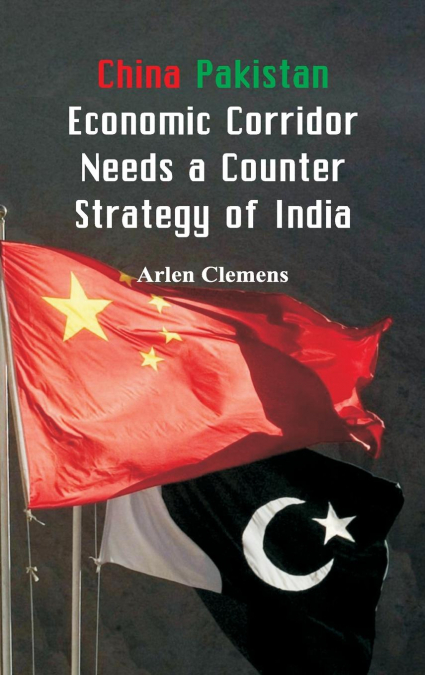
Arlen Clemens
The China-Pakistan Economic Corridor (CPEC) is not a single road, it’s a network. It will spur the growth of industrial zones supported by energy plants, connecting Kashgar in China to Gwadar. Balochistan should be the primary beneficiary of the project. Khyber Pakhtunkhwa will also benefit from it as there’s no discrimination against any province. China-Pakistan Economic Corridor programme (CPEC) is anchored. The programme amounts to over 45 billion US dollars and was agreed between the two countries in April 2015. The corridor has its starting point in the Chinese-built port of Gwadar, on Pakistani Balochistan’s southern coast at the Arabian Sea, and is linked to Chinese-funded, infrastructural mega-projects that are regional in nature. The hype surrounding the China Pakistan Economic Corridor (CPEC), to be built through Gilgit Baltistan, resurfaced with the recent visit of Chinese President Xi Jinping to Pakistan. The visit yet again generated an animated discourse in the global media about the corridor’s future. The long-gestated CPEC project received initial traction during Nawaz Sharif’s visits to China in the year 2014. Subsequently, on his maiden visit to Pakistan in April 2015, the Chinese President reaffirmed the previously announced commitment, worth $46 billion, towards the CPEC. The CPEC is considered a significant project that seeks to cement Sino-Pakistan bilateral ties and further consolidate their strategic ties. The corridor will run through India’s periphery, more significantly, Gilgit Baltistan, claimed by India as part of the erstwhile princely state of Jammu and Kashmir (J&K). In due course, this geographical reality of the CPEC could potentially impinge upon India’s geopolitical calculations and pose a strategic challenge. India needs to be concerned about China attempting to replicate in PoK the well-perfected policy it has applied earlier in Tibet, Xinjiang and across Central Asia. Beijing would be seeking a historic opportunity to fill up gaps where India has largely failed. Considering PoK’s strategic location as a connecting point of South, West, Central and East Asia, China’s move has implications for limiting India’s outreach to the critical Eurasian region. This book will definitely prove to be a boon to teachers, students and research scholars.